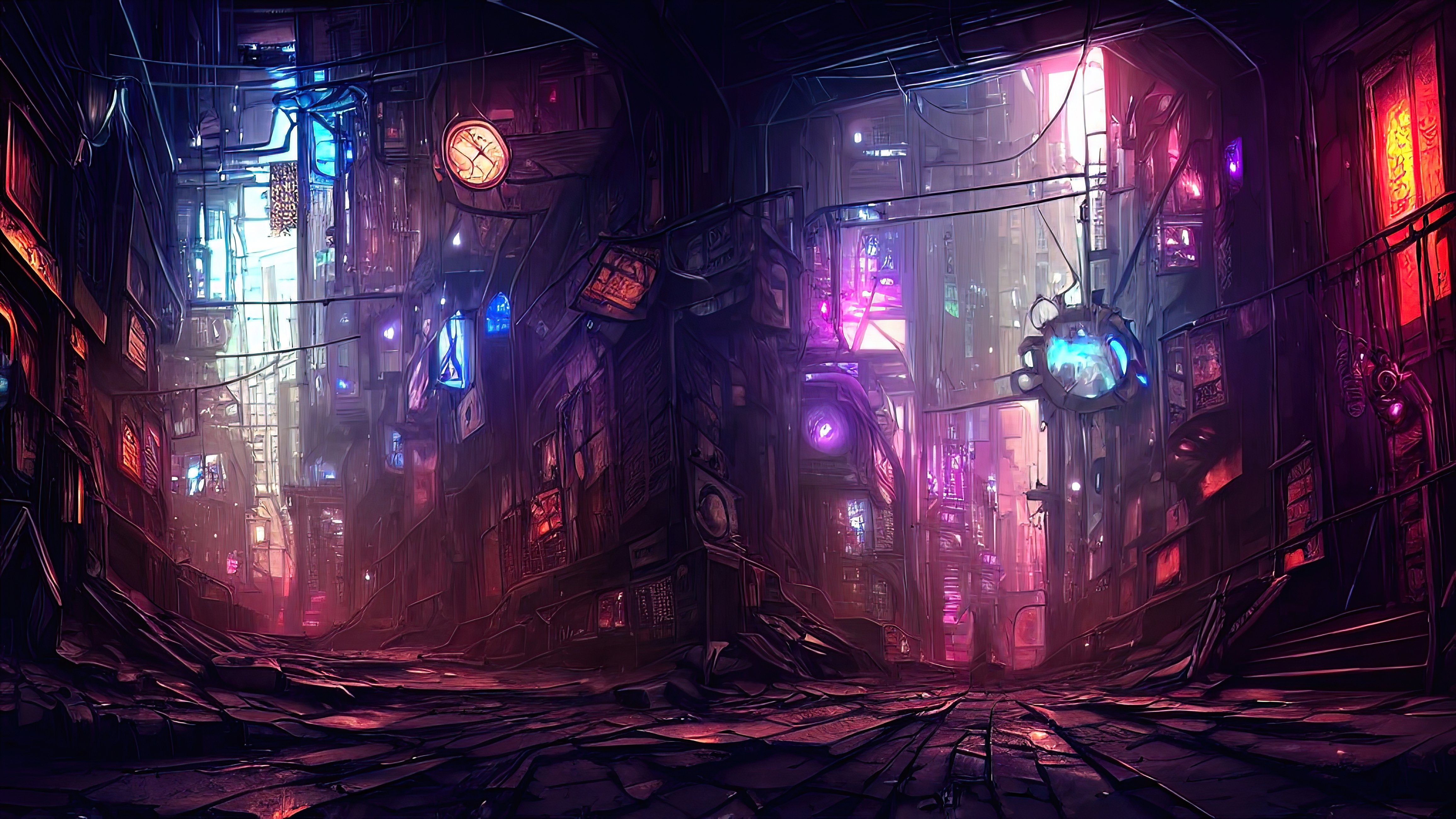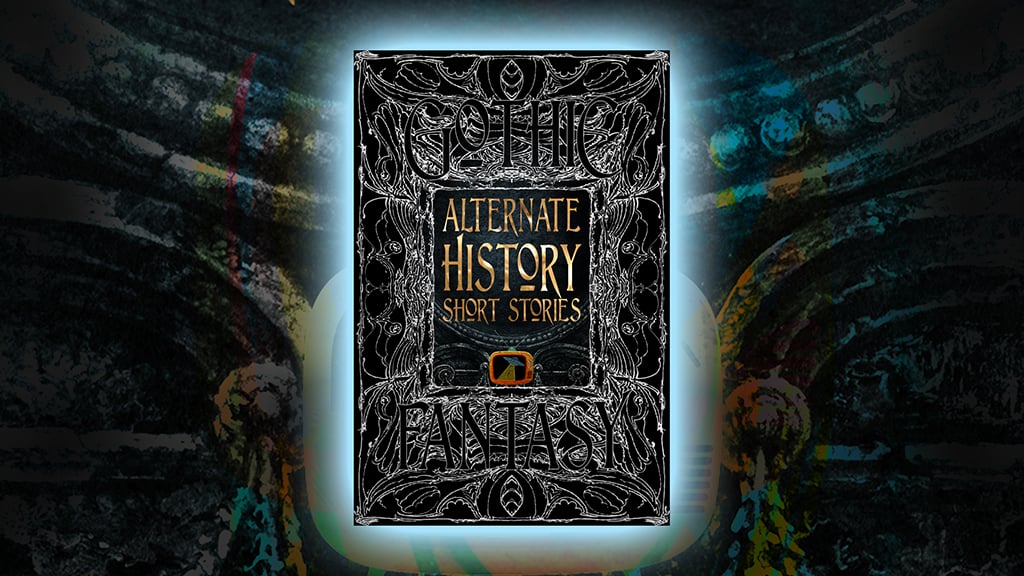Alternate History Short Stories is one of the most recent additions to our series of beautiful hardback anthologies! The book combines classic fiction with exciting stories on the theme by modern authors. In the first part of this Q&A, authors discussed the inspirations behind their contributions. Now, they recommend other great tales in the genre and speak a little about how their own stories are created…

What are your favourite stories from this genre?
Jennifer R. Povey
Although technically time travel (and I’m as done as many people with the Civil War), I still have a peculiar soft spot for Harry Turtledove’s Guns of the South. I also got a huge amount of amusement from Sarah Gailey’s ‘American Hippo’. Apparently there was once serious consideration of domesticating hippos and ranching them in Louisiana, but the hippos said no. Probably wise of the hippos.
Matias F. Travieso-Diaz
My favourite alternate history stories come from the pens of leading fantasy authors: Philip K. Dick (The Man in the High Castle), Susanna Clark (Jonathan Strange & Mr. Norrell), Stephen King (11/22/63), George Orwell (1984), Philip Roth (The Plot Against America). These and other masterpieces have been exported to other media, particularly the movies, but the vibrancy of the written words cannot be equalled outside of literature.
Elizabeth Zuckerman
I like my alternate history heavily flavoured with the supernatural. Particular favourites include Justina Ireland’s Dread Nation and Cherie Priest’s Boneshaker. And for my taste, top of the top is Guy Gavriel Kay, who takes historical moments like the Reconquista and the Albigensian Crusade and the An Lushan Rebellion and changes things just enough to keep you on your toes even when you know what happened in our timeline.
Alex Woodroe
I’m a huge fan of where alternate history and retrofuturism meet, and I specifically related to the stunning imagery of Tales from the Loop. That feeling of the cold and regimented architecture and social structure, combined with people living their lives as best they could in isolated and strange situations, may as well have been plucked right from Romania’s communist heritage. The addition of the sci-fi tech, it’s almost a stand-in that’s meant to give outsiders those feelings of awe and uncertainty and alienation that people who lived through traumatic times had just by existing. To explain the parts we could never explain and connect dots we can no longer connect.
Richard Kigel
When I was teaching in Brooklyn I enjoyed sharing historical novels with my students. Some books they loved were Roll of Thunder, Hear My Cry by Mildred D. Taylor and The Watsons Go to Birmingham, 1963 by Christopher Paul Curtis. Other works that inspire me are To Kill a Mockingbird by Harper Lee, The Underground Railroad by Colson Whitehead, The Good Lord Bird by James McBride, and the finest historical fiction of all, Beloved by Toni Morrison.
Rebecca E. Treasure
Eric Flint is far and away my favourite. I have read my copy so many times the cover is taped on. I was lucky enough to get the author’s autograph on my copy before his passing and it is a cherished possession. What I love about 1632 is the respect and humanity given to the local, ‘downtime’ population of Germany by Flint’s characters. Despite being four centuries removed from the modern day, they have knowledge and abilities that the ‘advanced’ people do not. More, they’re just as human, just as alive, as the Americans, and a great theme of that first book is that in granting and respecting and insisting upon the humanity of their fellows, the displaced West Virginians are strengthened, not weakened. I wish modern Americans internalised that lesson more.
James Young
My all-time favourite alternate history is Harry Turtledove’s World War Series followed closely by S.M. Stirling’s Emberverse. If one melds ‘post apocalyptic’ with alternate history, the answer shifts to Pat Frank’s Alas, Babylon.
Rebecca Buchanan
I have a soft spot for the Elseworlds stories published by DC Comics. My particular favourites are Elseworld’s Finest, which re-imagines Batman and Superman as pulp adventurers in the 1920s; and Elseworld’s Finest: Supergirl and Batgirl, which places the two women centerstage.
Adam Lawson
People playing fast and loose with historical fact always makes for great entertainment; taking what people are familiar with and putting a fresh spin on it just lends itself to millions of unexplored stories. It really does not take much to pull me in to a story like this; but if I was picking one I cannot fathom how more people are not familiar with Bryan Talbot’s Grandville series; set in a world of glorious steampunk where the animals evolved much further than us, it really should be a blockbuster by now!
Monica Butler
One of my favourite film series is Alien. I like that the main character, Ellen Ripley, is a strong woman who retains her dignity despite seeing all manner of horrors during her journeys through space. In Aliens, I particularly enjoyed the analogy of the soldiers completely underestimating the scale and strength of their enemy, similar to The Vietnam War. These films, Aliens in particular, changed how I viewed Sci-Fi films.
Evan A. Davis
If this counts, it’s definitely Lamb by Christopher Moore. It’s a comedic novel that tells the lost story of the missing years of Jesus Christ from the perspective of his childhood pal, Biff, who was left out of the other gospels for being kind of a twit. It’s uproariously funny, properly irreverent, but has moments of sincerity where it needs them. I recommend it, it’s a romp.
DJ Tyrer
I love anything that involves alternative history or future history (which, of course, inevitably becomes alternative history once the present or near-future point of divergence is passed) and frequently browse alternativehistory.com. Of the authors who tackle the subject in novel form, Harry Turtledove, unsurprisingly, is the one whose books I’ve read the most.
Can you tell us a little about your writing process?
Jay Caselberg
As a writer I tend to sit down and write. Editing comes later. I spend a lot of time researching my topics and then allow what I call the lizard brain to do most of the work. When I’m ready, I know and sit down and start. That’s both keyboard and longhand depending on where I am in the process. Books take a while, but with big chunks written on successive days. A short story takes me one or two days to finish, often in a single session, but as I say, most of the work has already been done.
Kwame M.A. McPherson
My writing process is varied, I can write for the entire day or in small chunks, some days I may not write while another I may write for days. I think it is about the vibration I feel at any one time. I use Word but am aware of ChatGPT, which will be a concern and challenge for writers. My preferred go-to place for writing is the outdoors, sun shining and beside a beach!
Maureen O’Leary
I write masses at once and edit later. I write both longhand and with a laptop for first drafts, depending on my mood. I like to hammer a scene or story out in one or two long sittings, though lately I’ve been writing in shorter bursts with more intention about purpose and language. I am getting less done, but I’ve been happier than usual with the results once I start revising.
Cameron Wise-Maas
I think the single tool that’s helped me the most with my writing is to always keep two documents open – the main one with the story, and a secondary one onto which I vomit my stream-of-consciousness whenever I’m not sure what to write. Large-scale outlines, minor decisions about conversational paths, even distractions from outside my writing – it all goes into that document. That way I’m never really stuck. I’m always writing something.
Jonathan Davidson
My writing process can best be described as sporadic and wildly unpredictable, held hostage by the cruelty of my adult schedule and powered by equal doses of guilt and artistic pleasure. I write by hand with a fountain pen on legal pads. This makes the physical act of writing more fun, and most importantly, it keeps me from trying to fix the drivel that I just wrote, which is the constant temptation when writing with a computer (I’ve already changed this paragraph multiple times). When I finish a couple of chapters or a short story, I transcribe my almost illegible chicken scratches into Scrivener and try to fix some of the more egregious spelling and grammar sins. Eventually, when the first draft is finished, I revise on the computer until the story is in decent shape. I try my best to write every day, even if it’s just a paragraph. On the weekends when I’m off work, I like to write in coffee shops.
C.R. Hobson
I write whenever and wherever I can, using Google Docs to work through early drafts of a story. For subsequent drafts, I utilise Microsoft Word because changing platforms helps me quite literally see my writing in a new way, thereby foregrounding issues I may have missed. I’m a firm believer in writing the first draft of any story without any self-editing, and reserving the editing process for later drafts.
Andrea Kriz
Whenever I get a writing idea during the day, I try to write it down on my phone as quickly as possible. This can be anything from a detail about a work in progress to an idea for a totally new story. Even on days where I don’t have time to sit down and write a large chunk of my work in progress, I find having these little notes is helpful for later (mostly because I would probably forget them otherwise).
Iris Whelan
I commit to writing twenty minutes a day. When my boys were babies that was usually during naptime, now it’s likely after bedtime. The time is short but the consistency is key. Often I run over when I get in the groove, but setting the bar low ensures I don’t psyche myself out after a long day. An added benefit of writing daily is the story is always percolating somewhere in my mind, even if only subconsciously.
Chiamaka Muoneke
For my writing process, I like to first think of a plot and sometimes, write a rough outline. I am easily distracted, and so, I find that I often prefer to write on my mobile phone because I type faster, and it’s easier to multitask with. It takes me a couple of days to finish a story as, again, I am easily distracted, but I’m usually content with the finished product.

The book is available to buy now – get your copy here!
Links
- Did you miss the first part of this Q&A? Catch up with Part 1, where authors discuss the inspirations behind their stories.
- See the full list of authors in this book.
- Browse the full collection of Flame Tree anthologies.
.png?width=3041&height=620&name=Beautiful%20books%2c%20Timeless%20storytelling%20(4).png)


